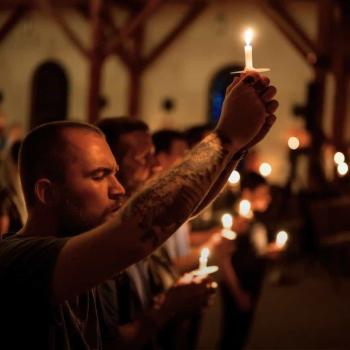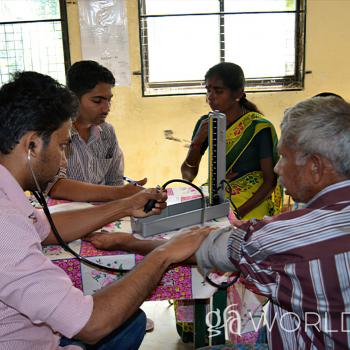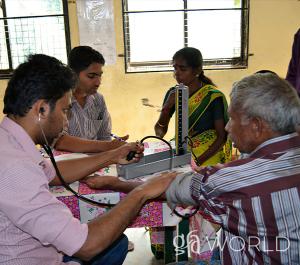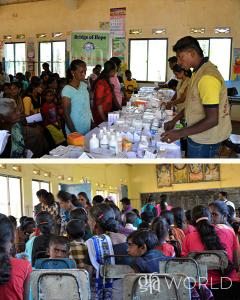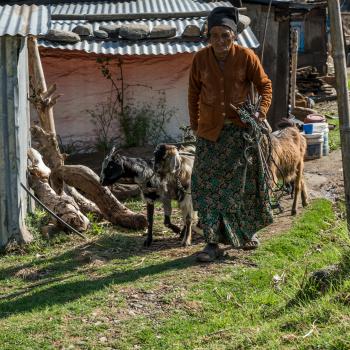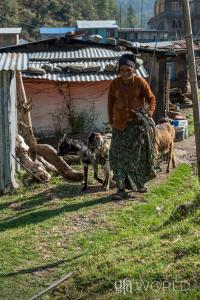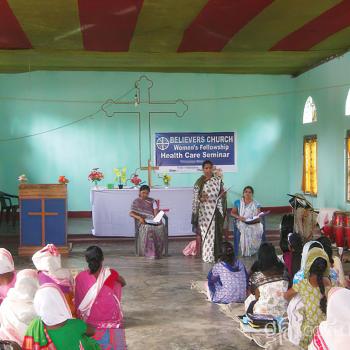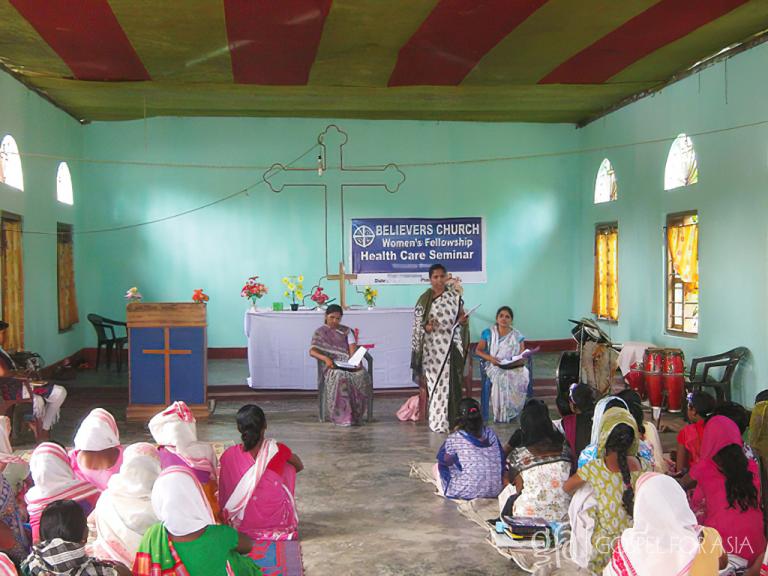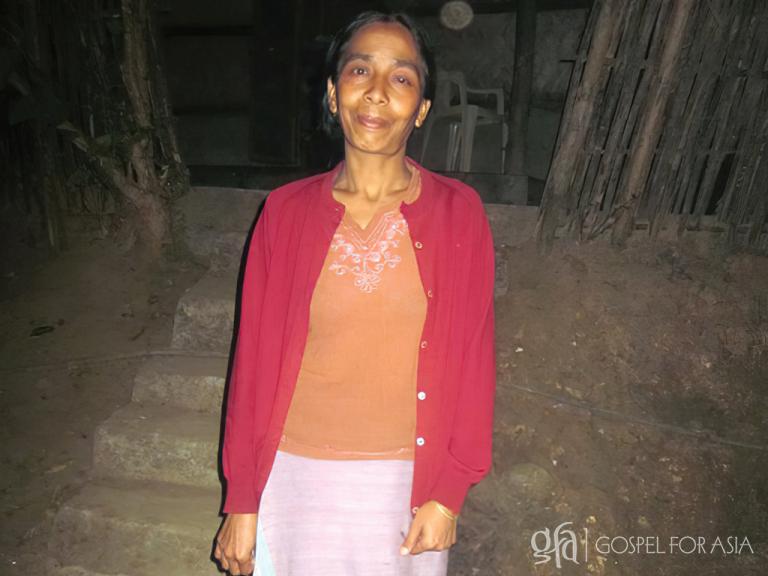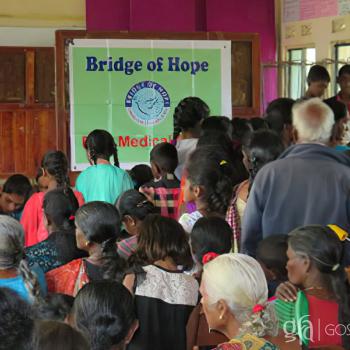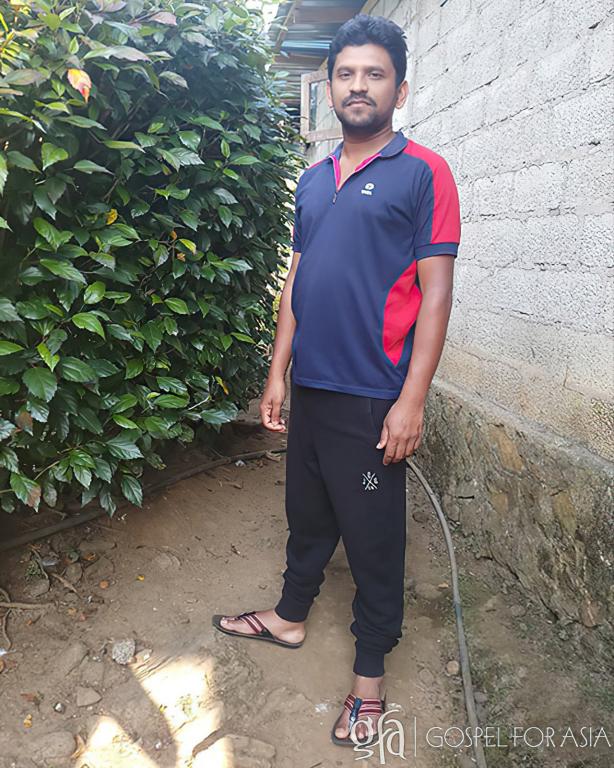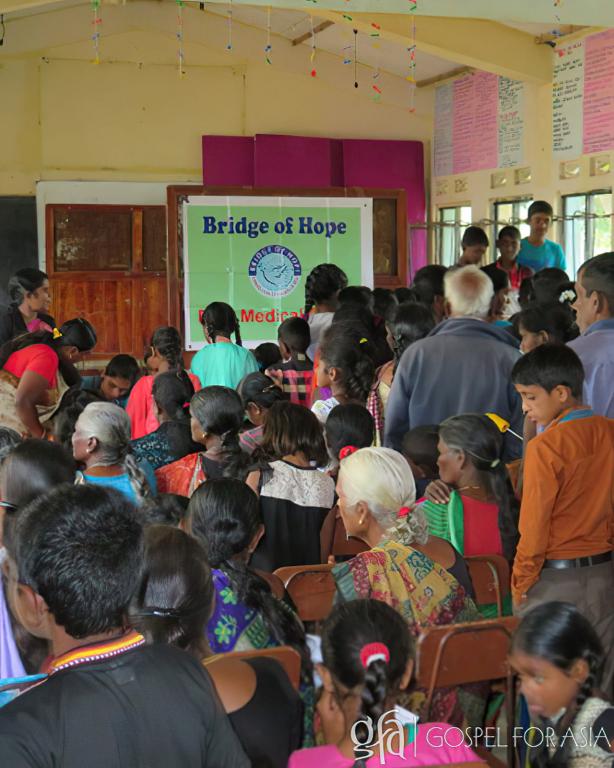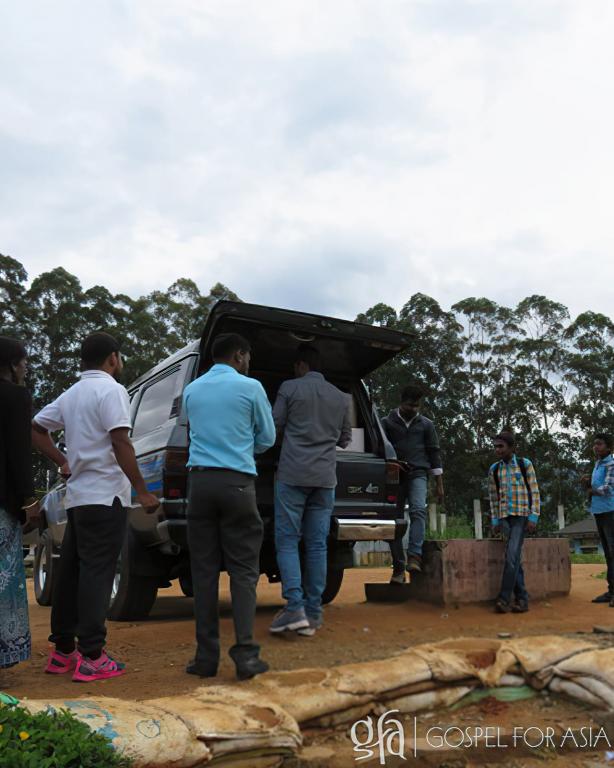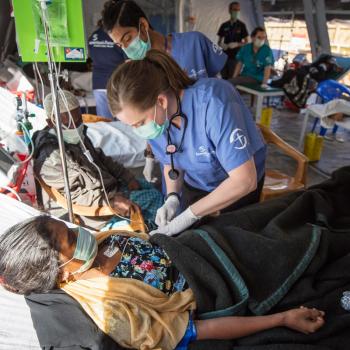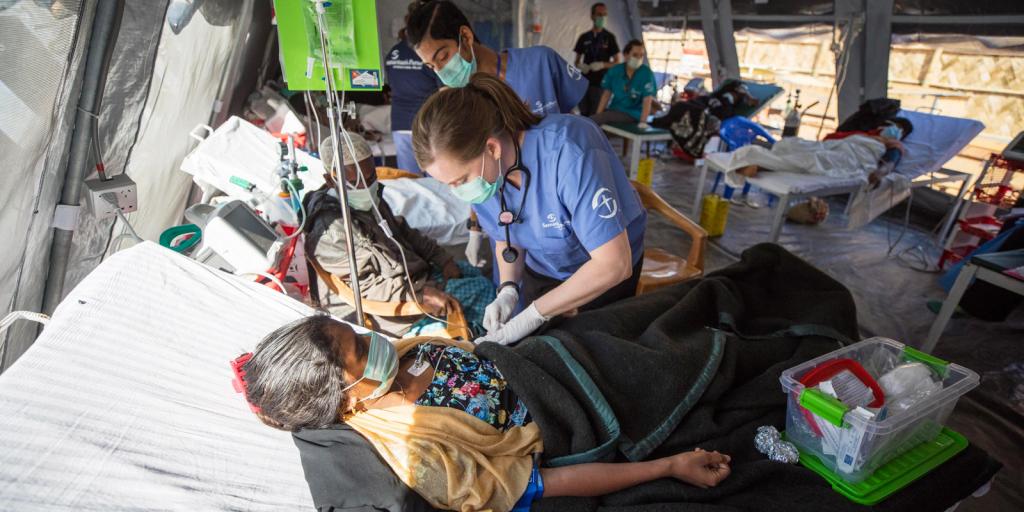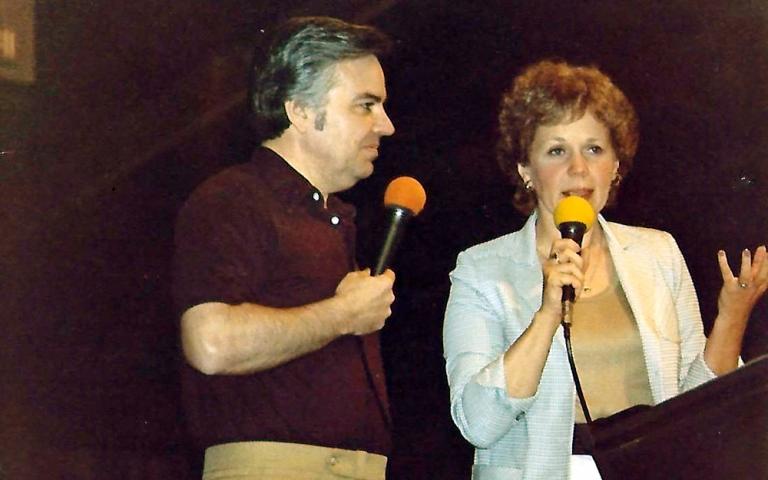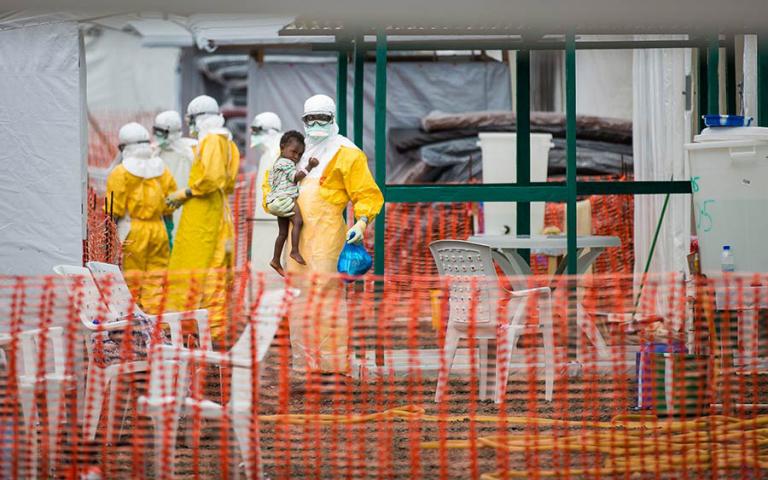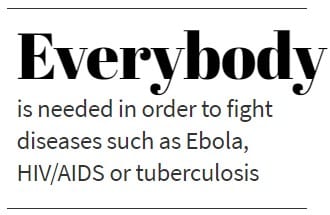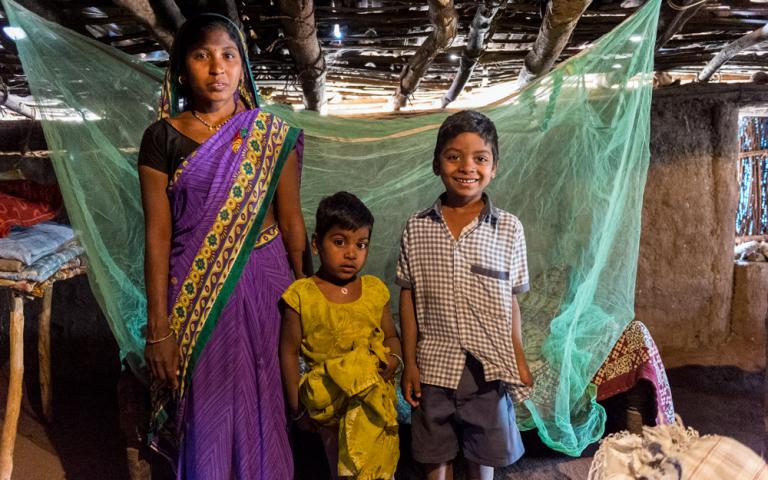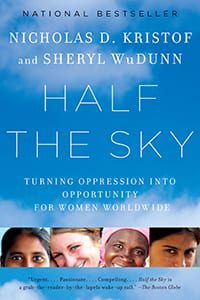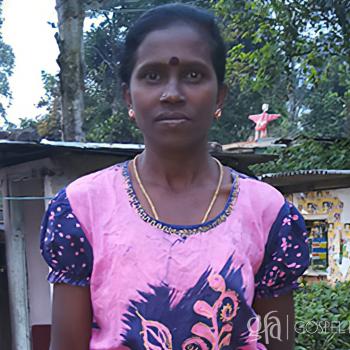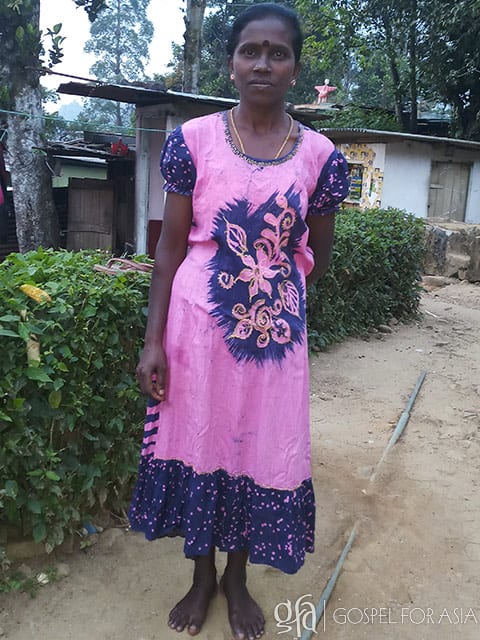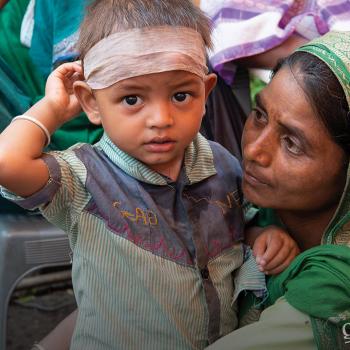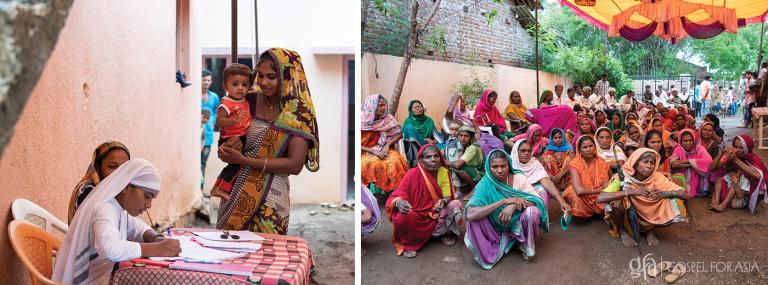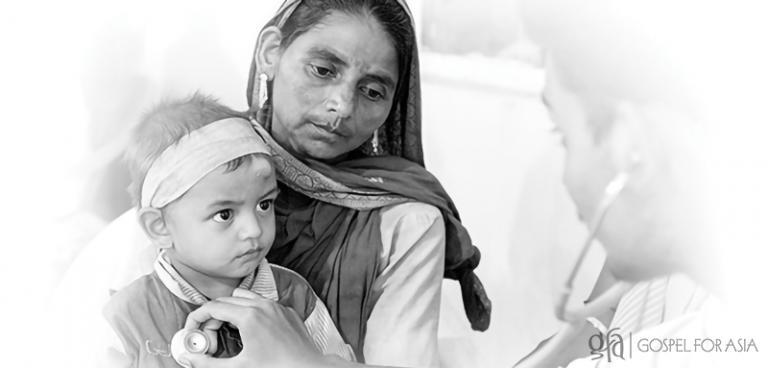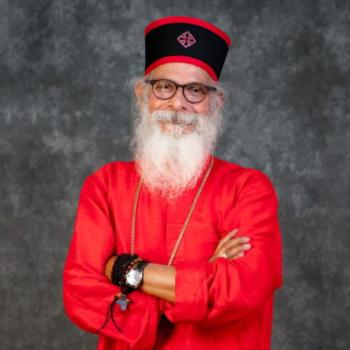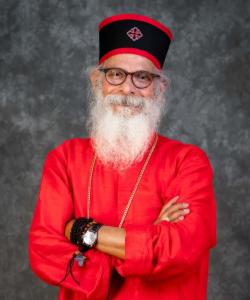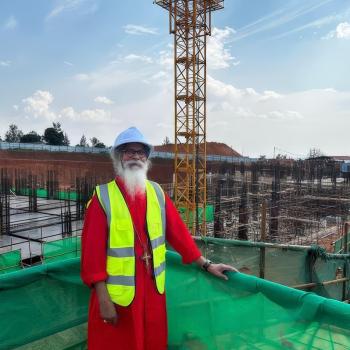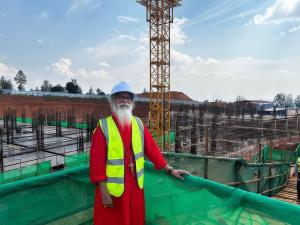WILLS POINT, TX — Endless scrolling and digital overload are creating a surprising hunger among the smartphone generation known as Gen Z — a deep longing for a real, personal encounter with God, says a global missions leader.
“Young people are craving more than just entertainment and information,” said Bishop Daniel Timotheos Yohannan, president of global mission agency GFA World. “They’re craving to encounter the living God.”
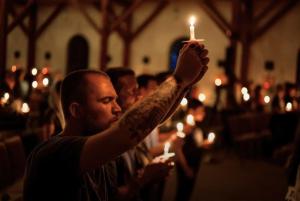
His comments follow a new study by Barna researchers that revealed young Americans are more likely than older Americans to affirm a “personal commitment to Jesus Christ.” In other research, based on a poll of 2,000 young Americans, two-thirds of Gen Zers said they had prayed to God in the past week, while more than one-third said they had read from the Bible.
Findings suggest many teens and young adults are seeking something deeper than social media likes and followers.
Now Texas-based GFA World is giving them that opportunity.
From June 2-8, the Set Apart retreat at the mission organization’s campus in Wills Point near Dallas offers Gen Zers and Millennials ages 18-30 the opportunity to swap social media and compulsive texting for a week of encountering God — the “encounter they crave,” according to Bishop Daniel.
A Narnia-Like Experience
He likens the retreat to the moment in C.S. Lewis’s “The Chronicles of Narnia” when the children step through the wardrobe to encounter Aslan, a fictional representation of Christ.
Gen Z longs to “walk through the wardrobe” and meet with God personally, he said, “but they don’t know how or haven’t been given the opportunity.”
The retreat will inspire young people to respond to Jesus’ challenge to “deny yourself, take up your cross, and follow Me” — a radical call, Bishop Daniel says, to embrace “what it means to follow Christ, to live in the light of eternity.”
Seeking A Solid Foundation
Many young people feel empty and are looking for something to anchor their lives on.
A recent report in Premier Christianity noted a growing interest in historic Christian practices and liturgies — dating back to the early church — that “have become more attractive to young adults seeking a solid foundation.”
When young people set aside their phones purposefully for a time of silent prayer and reflection, Bishop Daniel said, the effect on them is profound.
“You have no idea how many young people say that the most impactful thing in their life is just to have the opportunity to encounter the living God,” he said. “As we listen for God’s still small voice, he meets us, but we must give him the space to speak to us.”
Bishop Daniel sees this generation as the future leaders and missionaries of the church — the ones who will carry the message of Christ into the next era.
“They’re going to be the ones to move nations,” he said. “The greatest gift we can give them is the opportunity to encounter God for themselves.”
About GFA World (formerly Gospel for Asia)
GFA World is a leading faith-based global mission agency, helping thousands of national missionaries bring vital assistance and spiritual hope to millions across the world, especially in Africa and Asia, and sharing the love of God. In a typical year, this includes thousands of community development projects that benefit downtrodden families and their children, free medical camps conducted in hundreds of villages and remote communities, and more than 150,000 families provided with the means to break the cycle of poverty through income-generating gifts. More than 40,000 fresh water wells have been drilled since 2007, hundreds of thousands of women are now empowered through literacy training, and Christ-motivated ministry takes place every day throughout 18 nations. GFA World has launched programs in Africa, starting with compassion projects in Rwanda. For all the latest news, visit the Press Room at https://gfanews.org/news.
Read more on Set Apart Retreat and Bishop Daniel on Patheos from Gospel for Asia.
Learn more about Gospel for Asia: Facebook | YouTube | Instagram | LinkedIn | SourceWatch | Integrity | 5 Distinctives | 6 Remarkable Facts | 10 Milestones | Media Room | Child Sponsorship | Endorsements | 40th Anniversary | International Offices | Missionary and Child Sponsorship | Transforming Communities through God’s Love
Notable News about Gospel for Asia: FoxNews, ChristianPost, NYPost, MissionsBox
Source: GFA World Digital Media Room, Gen Z ‘Craves Encounter with God’ says Global Missions Leader
MEDIA: To arrange an interview with Bishop Daniel, contact: Palmer Holt, 704-662-2569, [email protected]


